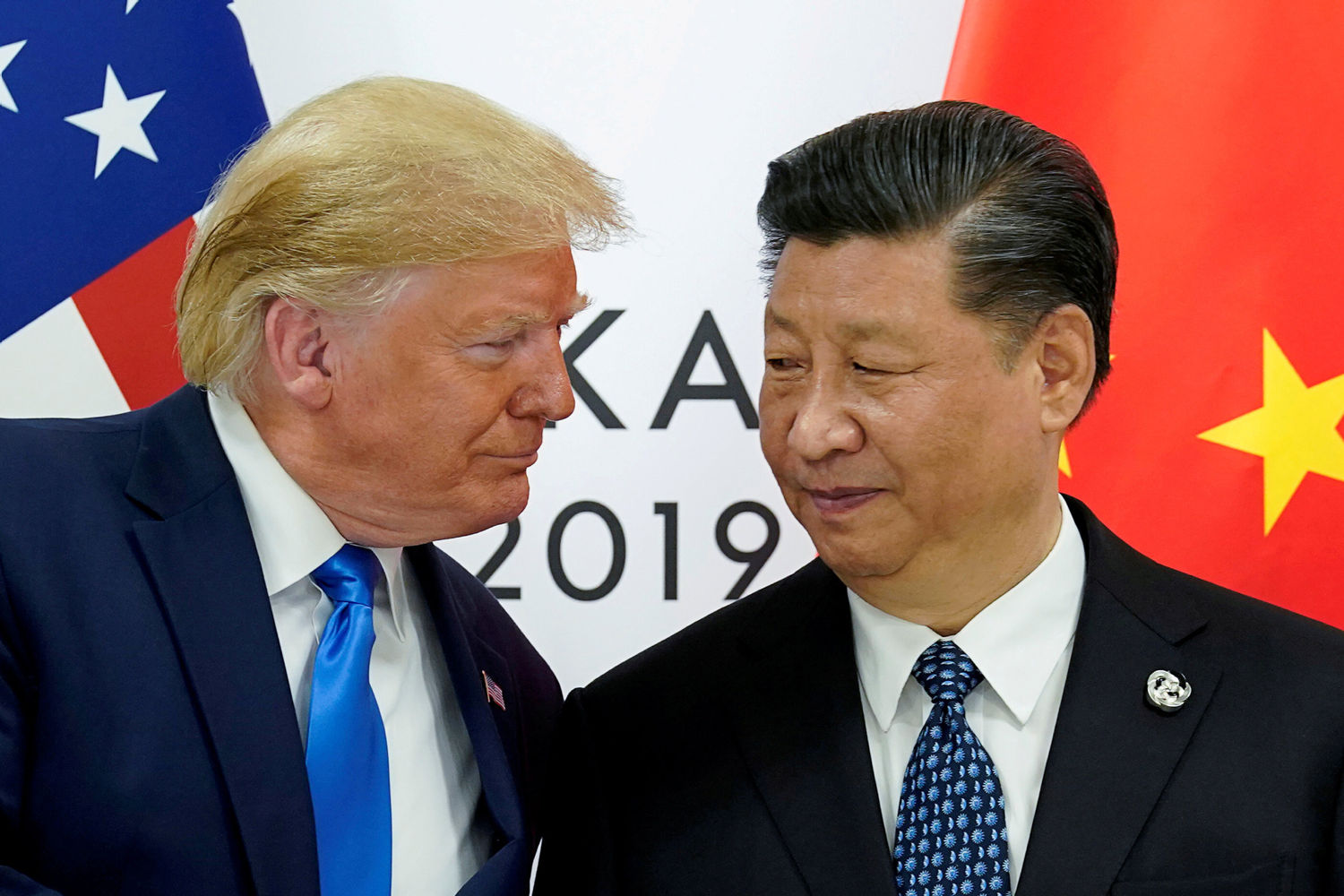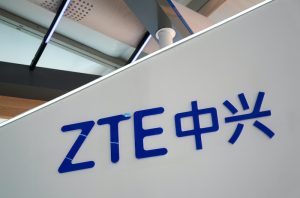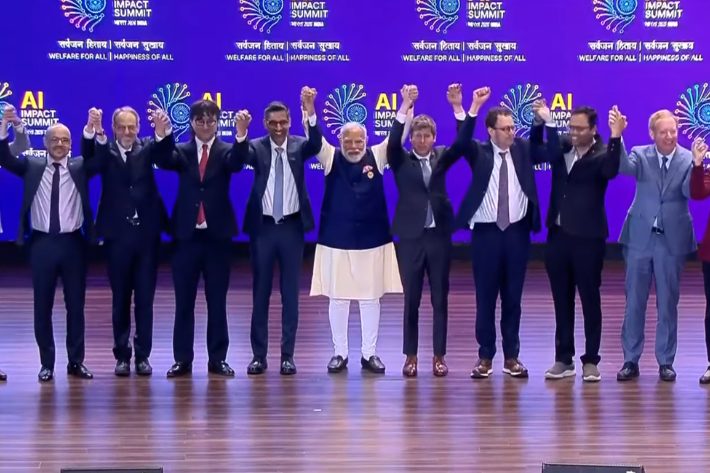(ATF) US President Donald Trump has signed an amended executive order that bans American companies from investing in Chinese firms affiliated with the People’s Liberation Army, the White House said on January 13.
The amendments force US companies to completely divest their holdings of securities of blacklisted companies by November 11. In the initial version of the order investors were only restricted from buying those securities by that date.
Trump, in his order published on the White House website, said the amendments were necessary in view of the “national emergency declared in Executive Order 13959 of November 12, 2020 … to address the threat posed by the People’s Republic of China’s military-industrial complex.”
However, the Trump administration scrapped plans to blacklist Chinese tech giants Alibaba, Tencent and Baidu, but Reuters reported that Washington plans to add as many as nine other Chinese companies to the list.
The decision to shelve plans to add the Chinese tech giants is an apparent blow to China hawks in the administration, who have been seeking to cement outgoing Trump’s tough China legacy before his presidency ends on January 20.
Retailer Alibaba, search engine giant Baidu and video game leader Tencent, which owns messaging app WeChat, were on the shortlist to be added to a catalogue of Chinese companies with alleged military ties.
Treasury Secretary Steven Mnuchin, widely seen as taking a more dovish stance on China, pushed back, illustrating a Trump administration divided on China policy. The issue is further complicated by Joe Biden’s incoming administration, which takes office in a week.
China officials to visit shortly, Biden on the spot
The US Chamber of Commerce sees “every indication” that a high-ranking delegation of Chinese officials will visit Washington early in Biden’s presidency.
Myron Brilliant, head of international affairs for the business group, told reporters on January 13 such a visit could help lay the groundwork for improved relations and progress towards an expanded trade agreement.
“There are some challenges that we have to overcome in the relationship and it’s not going to be a straight line. It’s going to be a bumpy road ahead,” he said. Brilliant said the chamber would object to any moves by the Trump administration to impose additional tariffs in its dying days.
Last month, the White House added China’s top chipmaker, SMIC, and oil giant CNOOC to the blacklist. Trump also unveiled an executive order in January banning U.S. transactions with eight Chinese apps, including Ant Group’s Alipay.
In a related development, the US also announced an import ban on all cotton and tomato products from China’s Xinjiang region on Wednesday over allegations that they are made with forced labour by detained Uighur Muslims.
US Customs and Border Protection said the order applies to raw fibres, apparel and textiles made from Xinjiang-grown cotton, as well as canned tomatoes, sauces, seeds and other tomato products from the region, even if manufactured or processed outside China. The agency estimates that $9 billion of cotton products and $10 million worth of tomato products were imported from China into the US in 2020.
Secretary of State Mike Pompeo, in his final days in office, has been weighing a determination as to whether forced labour in Xinjiang constitutes an “atrocity” or labelling it “genocide,” which analysts say would have significant implications for relations with China.
Xinjiang doubts
The future US attitude towards Xinjiang is unclear. Despite the censures, human rights groups believe the Trump administration has used the issue as a stick with which to beat China, without having a deep commitment to them being upheld.
“The Trump administration mostly abandoned the protection of human rights [while] other governments stepped forward,” Kenneth Roth, head of Human Rights Watch, said in a report published on January 13.
The United Nations cites what it says are credible reports that 1 million Muslims held in camps have been put to work in Xinjiang and faith leaders, activist groups and others have said crimes against humanity, including genocide, are taking place. China denies mistreating Uighurs and says the camps are vocational training centres needed to fight extremism.
Cotton futures prices fell slightly on Wednesday, but traders attributed the drop to profit-taking after prices hit a two year high on a US production outlook cut. A coalition of US apparel and retail groups said in a joint statement that members were working to push forced labour from their supply chains.
The executive order is the latest in a series of US curbs on Chinese individuals and entities. In December Washington said it would impose restrictions on Chinese officials, companies and agencies that help Beijing “surveil and persecute its people, steal trade secrets, and bully other nations in the South China Sea”.
On December 18, Pompeo announced new measures against 60 companies or organisations that support the Chinese Communist Party’s “malign behaviour”.
Days later, he announced visa restrictions targeting current and former officials who “repress religious and spiritual practitioners, members of ethnic minority groups, dissidents, human rights defenders, journalists, labour organisers and peaceful protesters”.
With reporting by Reuters
























